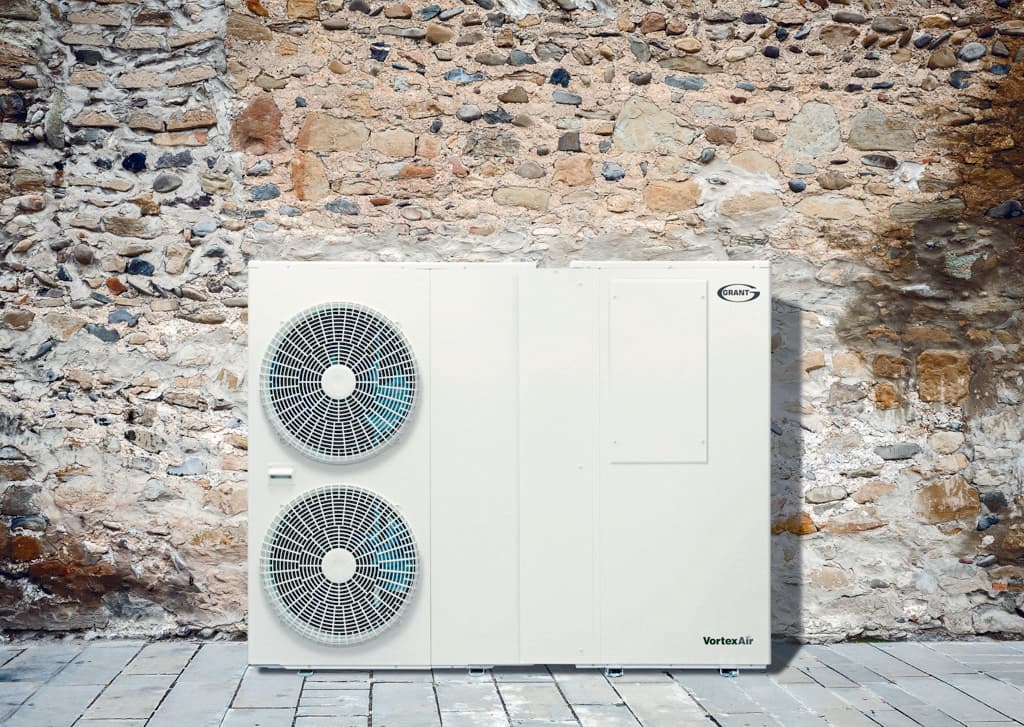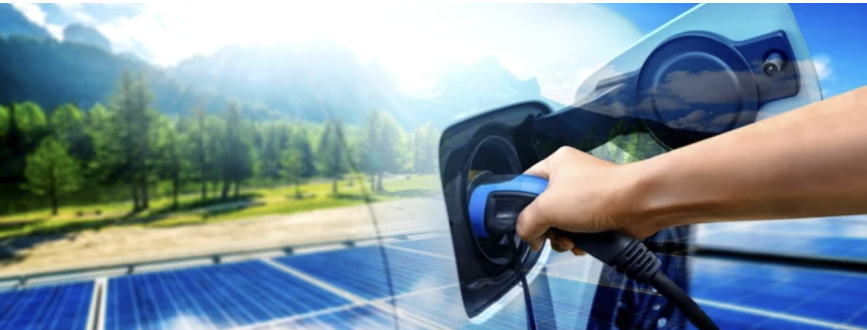Building a Renewable Home Energy System

Transitioning to renewable energy at home is more than just a trend – it’s a conscious choice that positively impacts both the environment and your wallet. As we move towards a more sustainable future, understanding how to create a renewable home energy system is essential.
This blog will cover how you can start your renewable energy journey at home.
What is renewable energy?
Renewable energy comes from sources that naturally replenish themselves, such as sunlight, wind, rain, tides, waves, and geothermal heat. Unlike fossil fuels, renewable energy sources as shown in this guide, do not deplete over time and have a much lower environmental impact.
The primary types of renewable energy used in homes include solar power, wind power, hydroelectric power, and geothermal energy.
Using renewable energy in your home reduces your carbon footprint and dependence on non-renewable resources. It also provides a more stable and potentially lower cost of energy over time, as the prices of renewables are less volatile than those of fossil fuels.
What percentage of UK energy is renewable?
In the 12 months leading up to July 2024, renewable sources contributed 41.8% to the UK’s total energy mix according to the National Grid. Wind power accounted for 30%, biomass made up 6%, solar energy contributed 4.5%, and hydropower provided 1.3%.
How to switch to renewable energy at home
Switching to renewable energy at home involves integrating various technologies and systems that harness natural energy sources. Here are some options we have available at Warmaway:
1. Solar power systems
Solar power is one of the most accessible and widely used renewable energy sources for homeowners. It involves installing solar panels on your roof or property to capture sunlight and convert it into electricity.
At Warmaway, our modern solar panels are efficient and can provide significant energy savings, especially when paired with solar batteries.
2. Solar battery storage
One advantage of Solar batteries is that they store the energy generated by your solar panels, allowing you to use solar power even when the sun isn’t shining. This storage solution ensures a continuous energy supply, reducing your dependence on the grid and maximising your solar power system’s efficiency.
Our solar battery solutions are designed to work seamlessly with your solar panels, providing a reliable backup during power outages or periods of low solar output.
3. Electric vehicle (EV) chargers
If you own an electric vehicle, there are many benefits to installing an EV charger at home. EV chargers can be integrated with your solar power system, allowing you to charge your vehicle using the sun’s energy. This approach not only reduces fuel costs but also minimises your carbon footprint.
Warmaway offers EV charger installations tailored to complement your renewable energy setup.
4. Heat pumps
Heat pumps are an energy-efficient way to heat your home, using air or ground sources. They work by extracting heat from the environment (air or ground) and using it to warm your home.
Air source heat pumps
These pumps extract heat from the outside air, even in cold weather, and are a cost-effective solution for many homes.
Warmaway’s air-source heat pumps are designed to provide efficient heating throughout the year.
Ground source heat pumps
These pumps use the consistent temperature of the ground to provide heating. While more expensive to install than air source heat pumps, they offer higher efficiency and lower operating costs over time.
Learn more about ground-source heat pumps from Warmaway.
5. Boiler Upgrade Scheme UK
Switching to a more energy-efficient boiler can significantly reduce your home’s carbon footprint. The UK government offers incentives like the Boiler Upgrade Scheme to help homeowners switch to greener heating solutions. This scheme supports the transition to heat pumps and other low-carbon heating systems.
How does powering your home with renewable energy help climate change?
Using renewable energy at home significantly reduces greenhouse gas emissions, which are the primary driver of climate change.
Unlike fossil fuels, renewable energy sources like solar and wind do not produce carbon dioxide when generating electricity. This reduction in emissions is critical to slowing global warming and reducing air pollution.
Moreover, renewable energy systems often have a lower environmental impact in terms of resource extraction and waste generation. For example, solar and wind power require no water for electricity production and emit no air pollution, unlike coal or natural gas plants.
By transitioning to renewable energy, homeowners contribute to a healthier planet and help combat climate change.
What is the best renewable energy source for your home in the UK?
Determining the best renewable energy source for your home depends on several factors, including location, budget, and energy needs.
- Solar Power: Ideal for homes with ample roof space and good sun exposure. Solar panels paired with battery storage offer a reliable and low-maintenance solution.
- Heat Pumps: Suitable for homes with high heating demands. Air-source heat pumps are more cost-effective to install, while ground-source heat pumps offer greater efficiency over time.
- EV Chargers: A perfect addition if you own an electric vehicle, enabling you to power your car using renewable energy.
- Boiler Upgrade: If you’re still using a traditional boiler, upgrading to a more energy-efficient model or a heat pump can significantly reduce your home’s carbon footprint.
Ultimately, the best solution may involve a combination of these technologies to create a comprehensive, renewable home energy system that meets all your energy needs.
Renewable energy sources for your home
Building a renewable home energy system is a practical and impactful step toward a more sustainable future. By integrating solar panels, batteries, heat pumps, and EV chargers, you can reduce your carbon footprint, save on energy costs, and help combat climate change.
The path to renewable energy is now more accessible than ever, with various government incentives and innovative technologies available. Start your journey today and be part of the solution for a greener tomorrow by contacting our friendly team today – or exploring our FAQ page.


